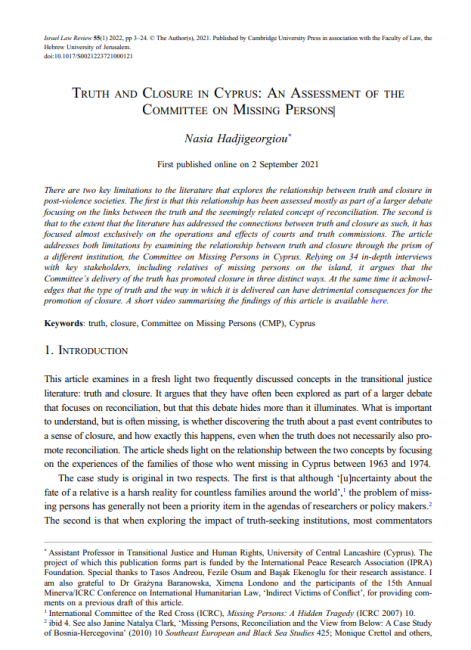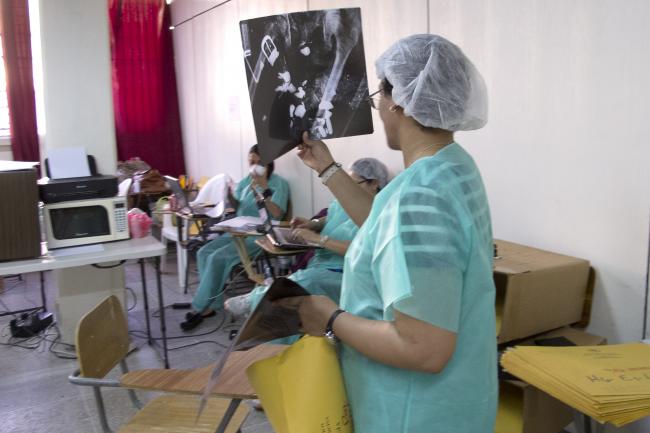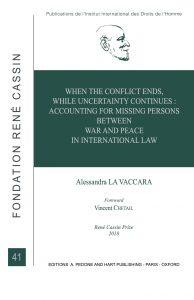Forensic investigation, truth and trust in the context of transitional justice in Brazil
Truth commissions are widely recognised tools used in negotiation following political repression. Their work may be underpinned by formal scientific investigation of human remains. This paper presents an analysis of the role of forensic investigations in the transition to democracy following the Brazilian military governments of 1964–85. It considers practices during the dictatorship and in the period following, making reference to analyses of truth commission work in jurisdictions other than Brazil, including those in which the investigation of clandestine burials has taken place. Attempts to conceal the fate of victims during the dictatorship, and the attempts of democratic governments to investigate them are described. Despite various initiatives since the end of the military government, many victims remain unidentified. In Brazil, as elsewhere, forensic investigations are susceptible to political and social influences, leading to a situation in which relatives struggle to obtain meaningful restitution and have little trust in the transitional justice process.





